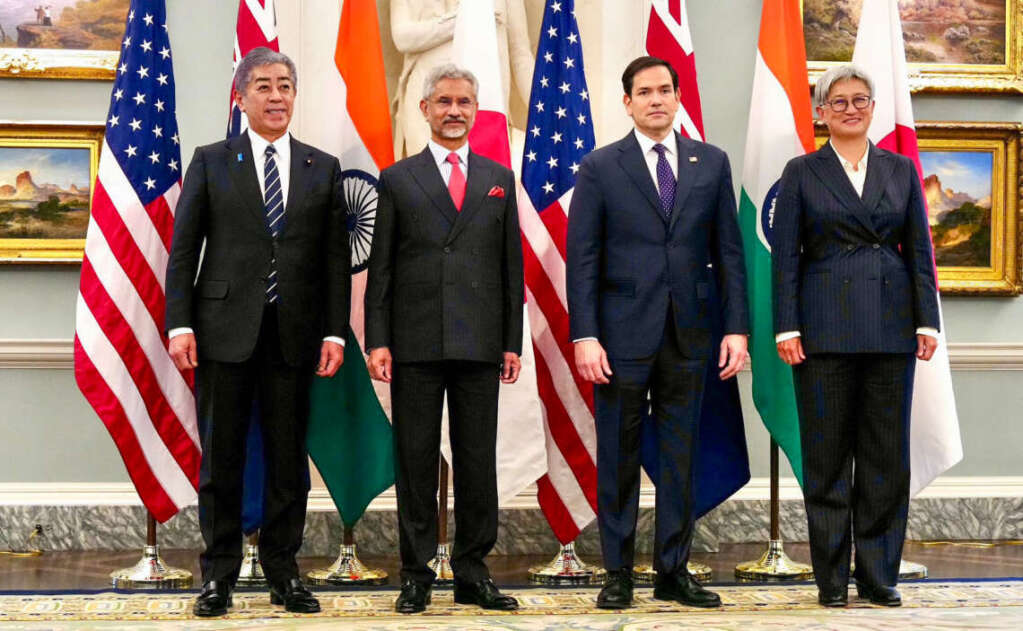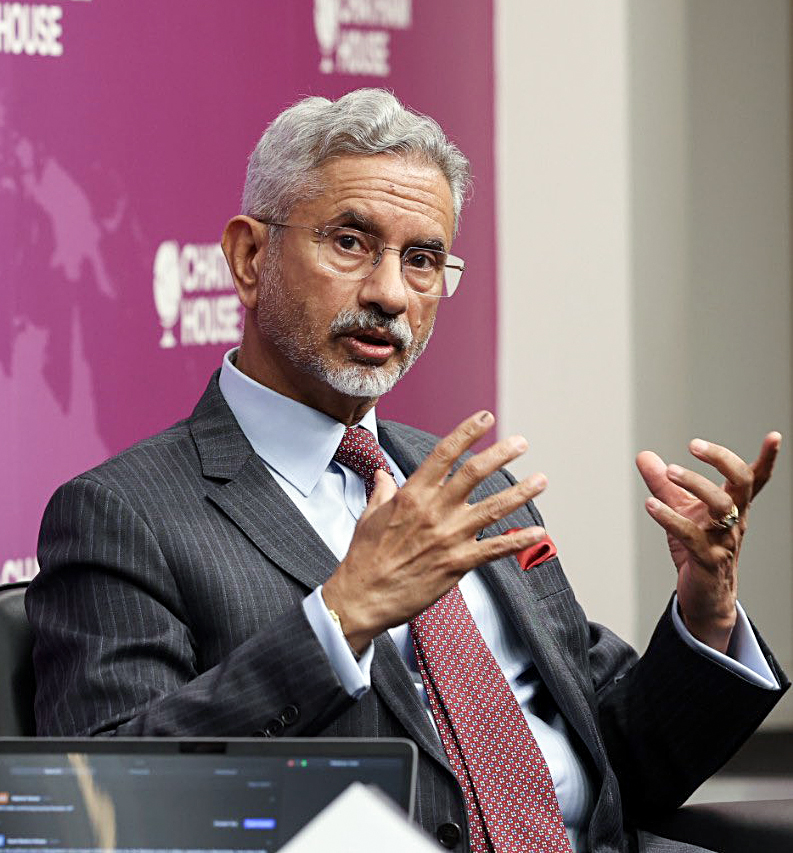Following the exhibition, Jaishankar will travel to Washington to participate in the Quad Foreign Ministers’ Meeting (QFMM) on July 1. …reports Asian Lite News
External Affairs Minister S. Jaishankar is set to inaugurate an exhibition titled “The Human Cost of Terrorism” at the United Nations Headquarters in New York on Monday, as he begins a three-day official visit to the United States.
The exhibition will highlight the grave and lasting impact of terrorism around the world, and is intended to draw global attention to the need for a unified and uncompromising approach to combating the menace. Organised by India’s Permanent Mission to the UN, the initiative comes on the eve of Pakistan assuming the rotating presidency of the UN Security Council, and is seen as a pointed reminder of India’s longstanding advocacy for zero tolerance towards terrorism.
Following the exhibition, Jaishankar will travel to Washington to participate in the Quad Foreign Ministers’ Meeting (QFMM) on July 1. He will be joined by US Secretary of State Marco Rubio, Australian Foreign Minister Penny Wong, and Japanese Foreign Minister Iwaya Takeshi. The meeting will be hosted by Secretary Rubio and comes amid renewed momentum in the Indo-Pacific strategy.

Strategic Focus Returns to Indo-Pacific
The Quad meeting — the first since the Pahalgam terror attack — will focus on deepening cooperation in maritime security, critical technologies, infrastructure, supply chain resilience, and counter-terrorism. It also marks the first ministerial-level Quad engagement under the second Trump administration and will help shape the agenda for the upcoming Quad Leaders’ Summit, to be hosted by India later this year.
The Quad’s renewed strategic focus comes as tensions in the Middle East — particularly between Israel and Iran — appear to have subsided. This shift allows the Quad countries to reorient attention toward long-standing security challenges in the Indo-Pacific, especially in the face of China’s assertive regional behaviour.
India, which has consistently emphasised freedom of navigation, connectivity, and rules-based order, is expected to play a leading role in outlining the collective approach ahead.














